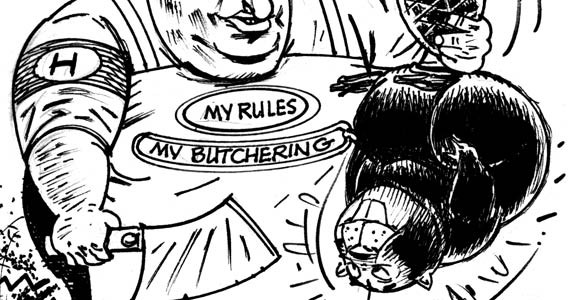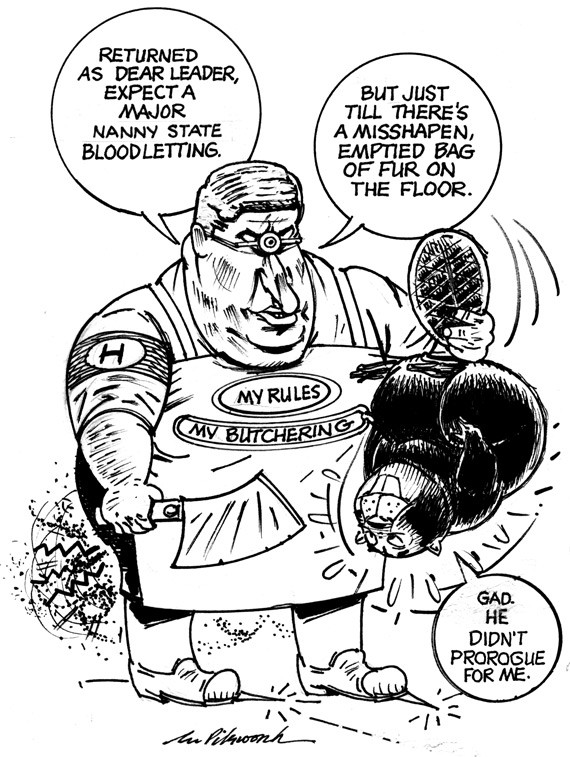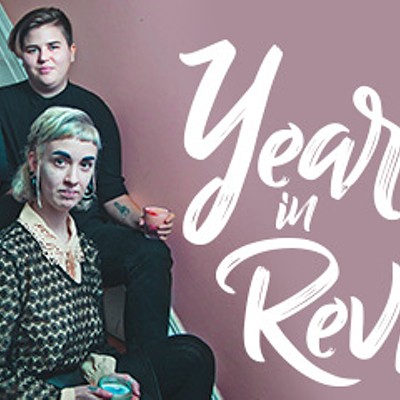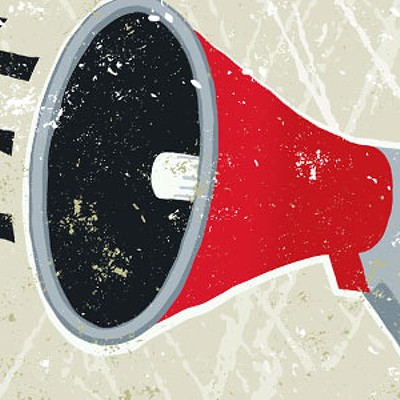These are issues of crucial importance to democracy, human rights and social justice---issues that should concern every voter after five years of Harper-led governments with their blatant contempt for our parliamentary institutions, their steadfast refusal to release government information, their firing and muzzling of public officials and their relentless attempts to demonize political opponents with TV attack ads.
Harper-led governments have also systematically tried to destroy or intimidate independent aid and advocacy groups. Research conducted by the Canadian Centre for Policy Alternatives shows that under the Conservatives at least 79 women's, human rights, community and international development organizations have lost most, if not all, of their federal funding. The Canadian Council on International Co-operation, representing over 90 organizations which participate in Canadian aid efforts overseas, was cut off after 40 years of federal support. The Canadian Human Rights Commission was forced to close its offices in Halifax, Toronto and Vancouver. A volunteer program that, since 1962, had been sending Canadian teachers as educational advisers to Africa, Asia and the Caribbean also lost its funding along with a variety of smaller groups helping immigrants adapt to Canadian society.
The Conservatives have made it clear that if they're re-elected, their assault on human rights and social justice will continue. They promise that if they win a majority, they'll enact their remaining "tough on crime" legislation within 100 days. Those laws would give police sweeping powers to spy on internet users by requiring service providers to disclose customer information without court oversight, and to reconfigure their networks to allow for real-time surveillance of individuals on the internet.
The new laws would also mean significantly longer jail sentences at a time when crime rates have fallen to their lowest levels in 25 years. Judges would be required to impose mandatory sentences for a broad range of offences including, for example, a minimum of six months' imprisonment for growing as few as six marijuana plants for the purpose of trafficking. Professor Neil Boyd---a drug policy expert---warned a Commons committee that the new anti- marijuana provisions would have "the unfortunate consequences of annually jailing thousands of Canadians who do not threaten our social fabric any more than those who produce, in a regulated framework, drugs such as tobacco and alcohol."
A CCPA report on Harper's "tough on crime" laws warns that mandatory minimum sentences are also likely to send more aboriginals to jail. In 1999, the Supreme Court described the disproportionate number of First Nations people in jail as a "staggering injustice." The Globe and Mail reports that aboriginal people still accounted for 24 percent of those sent to prison in 2006-2007, yet they comprise only four percent of Canada's population. Thirty percent of federal female prison inmates are aboriginal. Mandatory sentences would make judges less able to impose alternatives to jail such as substance-abuse treatment, community sentencing circles or house arrest.
During a speech to American conservatives in 1997, Stephen Harper described Canada as "a Northern European welfare state in the worst sense of the term." He sneered at the then-Progressive Conservative party's official support for gay rights, abortion on demand and what he called "our universal, collectivized health care system." During another speech in 2003, Harper referred to the "damage the welfare state is having on our most important institutions, particularly the family." He said that the primary conservative value of social order should be reinforced by "moral and legal sanctions on behaviour" and he added that "politics is a moral affair." In this election, it's important to remember Harper's words. His governments' actions over the last five years make it chillingly clear he still believes them.

















